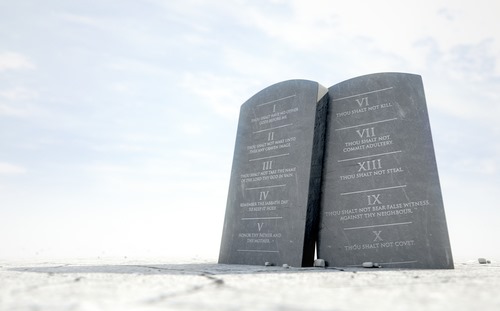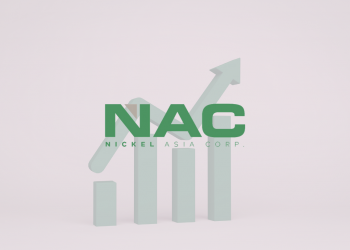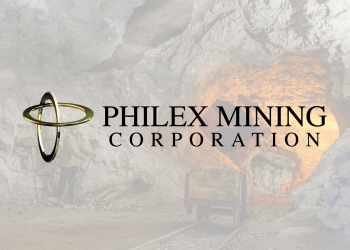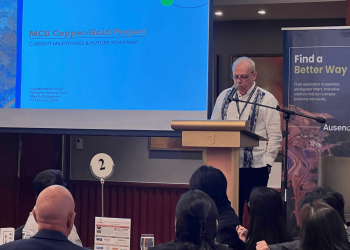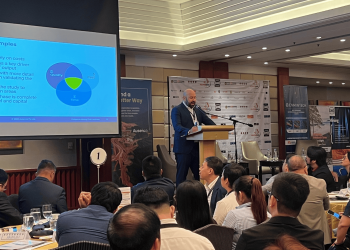“Thou shalt not steal. Thou shalt not murder. Thou shalt not covet” — do these lines sound familiar? If they are, then you have probably figured out that these are some of the ten commandments listed in the Bible – a set of rules that we believe in and abide by up to this day.
“Thou shalt observe transparency. Thou shalt protect and rehabilitate the environment. Thou shalt respect” — do these lines sound familiar? If they are not, then these are some of the commandments that mining corporations must abide. Here is the full list of commandments on responsible mining:
Thou shalt respect basic human rights
Mining corporations shall, first and foremost, observe and respect the basic human rights as outlined and stated in various international conventions and laws such as the UN Guiding Principles on Business and Human Rights that includes Articles 23 and 24 of the Universal Declaration of Human Rights (UDHR).
Thou shalt obtain consent from communities
A 2005 research in the Philippines revealed that mining operations have adverse effects to the tribes and indigenous groups inhabiting the mine areas. The Subanon indigenous peoples in Mindanao expressed that the execution of mining operations in their ancestral lands impacted their system of governance, right to self-determination, and threatened their right to a secure housing and adequate standards of living.
It shall be understood that it is not the lives of the owners that is inconvenienced and compromised by mine operations but the lives of the people living within the vicinity of the mine areas. Mining corporations shall, first and foremost, prioritize these individuals and these communities and always seek free, prior, and informed consent and sentiments prior to the mining operations.
Thou shalt keep workers protected and safe
In a 2016 survey by the Philippine Statistics Authority revealed that there are a total of 32,892 people employed in the mining and quarrying industry: 27.9 percent work for gold ore mining, 20.8 percent work for nickel ore mining, and 16.6 percent work for copper ore mining.
This means mining corporations cannot function without their labor workers. Mining operations cannot be executed without their miners and their workers. Mining corporations shall prioritize the health and safety of their workers and observe and respect the workers’ rights, labor standards, and labor laws that govern these individuals — this includes the compliance to Article 19 and 20 of the UDHR.
Thou shalt not drive communities off their land
In her 2018 report, Lindsay Fendt revealed how locals and the indigenous peoples in Mindanao were forced off their ancestral land to make way for mining operations. Similarly, local communities residing in Banaybanay are still having a hard time coping with the adverse impacts of the mining operations in the area.
Mining corporations and mining operations are in a foreign land. It shall be acknowledged and respected that these mine areas are ancestral lands of tribes, indigenous peoples, and local communities/
According to Article 17 and 25 of the UDHR, everyone has the right to own their own land and property and, thus, shall not be deprived of it. If circumstances so require, then these corporations shall be responsible for the safe and proper evacuation of these individuals.
Thou shalt protect the environment at all cost
Despite the destructive nature of mining operations, mining corporations shall protect the environment at all costs. Responsible mining comes with the promise of properly managing mine wastes and tailings, of diligently observing the cleanliness of the surrounding bodies of water, of continuously preserving and conserving the environment. Mining corporations shall not, by any means, contaminate the water, soil, and air of the hazards and chemicals that may come from the mine operations. This will not only affect the environment but also the people.
At present, mining agencies, corporations, and associations acknowledges this responsibility and, thus, continues to strengthen their call for responsible mining and the protection and proper rehabilitation of mine areas in the country.
Thou shalt promise rehabilitation
The Guardian reported that extractive industries, which includes the mining industry, are responsible for the depletion of the earth’s biodiversity and contribute to almost half of the world’s carbon emissions.
Responsible mining comes with the promise of proper rehabilitation. Mining corporations shall keep this promise even at the expense of paying for compensation and rehabilitation fees to ensure the protection and rehabilitation of the area.
To address this problem in the Philippines, a recent report revealed that the Mines and Geosciences Bureau (MGB) plans to require mining companies to pay higher mine waste and tailings fees and environmental damage compensation fees as compliance to the amendments to the Implementing Rules and Regulations of the Philippine Mining Act.
Thou shalt observe transparency
Mining corporations and the mining industry, in general, shall give full disclosure on the effects of their projects to the environment, to the communities, and to the economy.
At present, various mining agencies and associations regularly organize summits and press conferences that aim to promote responsible mining and transparency — to name a few, the MGB reported the latest metallic mineral production value for the first half of 2019 and the Philippine Extractive Industries Transparency Initiative (PH-EITI) presented the first small-scale mining assessment in the fifth country report.
Responsible mining comes with the promise of being transparent about the situation and the implications of the mining operations to the communities, the environment, and to the bigger picture.
Just like how the ten commandments serve as a guide to people, these commandments shall not only serve as a guide to mining corporations in observing and promoting responsible mining but shall also promote and remind of each and every corporation’s Corporate Social Responsibility to the people and to the environment.
These commandments shall also serve as a reminder that responsible mining does not only benefit the company but also appeases the advocates, serves the communities, and protects and respects the environment — a win-win situation for everyone.
In this day and age, people would rather support a company that has a heart for the environment and people than a company that compromises the environment and communities despite its contributions to the economy.
Sources:



